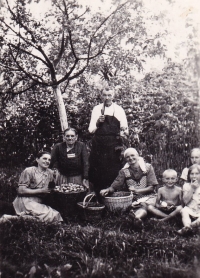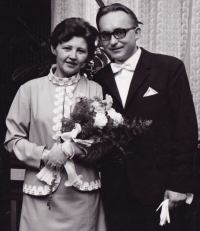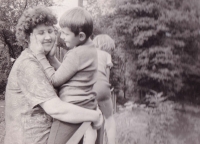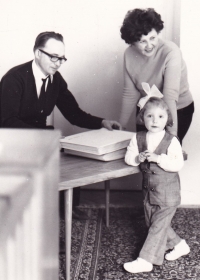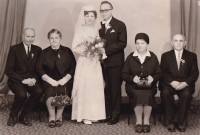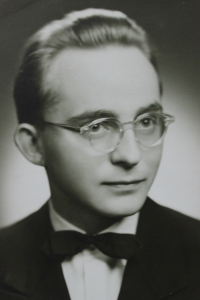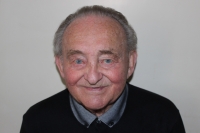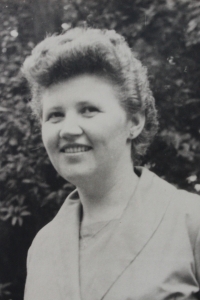The sky was just roaring
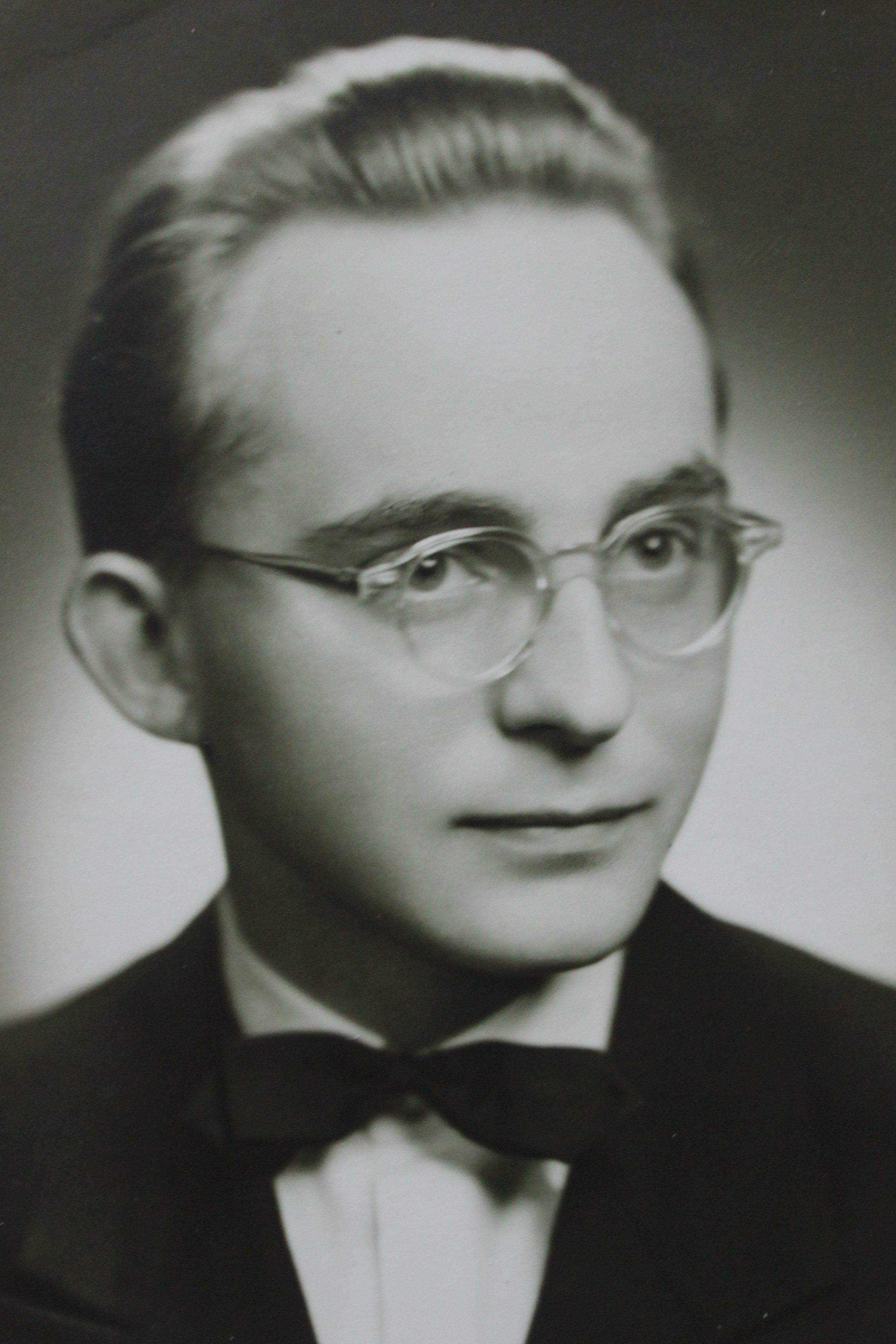
Download image
Jiří Otradovec was born on 17 January 1933 in Prostějov. Shortly afterwards, he moved with his parents to Jundrov (now a part of Brno), where he lived through the World War II. In 1938, his father Ludvík and uncle František had to enlist after the general mobilization had been announced. During the war, the Nazis imprisoned his uncle František in Dachau. After finishing primary school, Jiří attended a private religious grammar school in Fryšták, and after the February coup in 1948 he went to a secret novitiate. In the fifties and sixties he took various jobs in Brno as a worker. In 1955-1957, the communists imprisoned his brother Ludvík, who was a Salesian priest. In the second half of the 1960s, Jiří moved to Levoča in eastern Slovakia to follow his future wife Julie. There he completed his education and worked as a nurse. In the 1980s, he visited his sister and nun Anna Otradová in Turin. On this occasion he also met Pope John Paul II, and due to that he was interrogated after his return to Czechoslovakia. In November 1989 he was accidentally in Prague. At the time of the interview (2021) he was living in Brno-Jundrovo.
